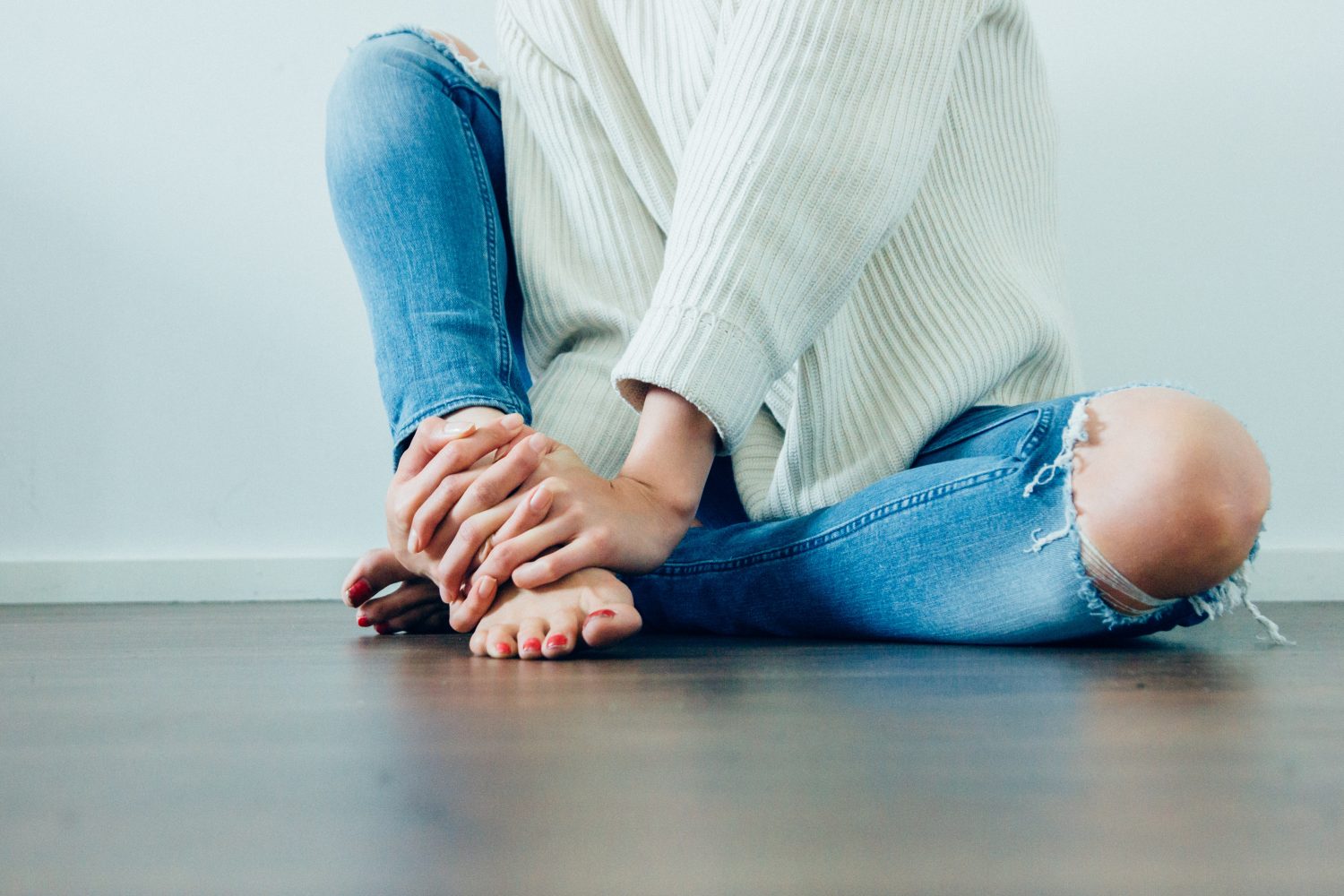
Relationship Insecurity and Anxiety
If you feel insecure in your romantic relationships, you’re not alone. Relationship insecurity is a very common struggle experienced by almost half of the population.
While relationship insecurity manifests in a few different ways, some people experience significant anxiety in their relationships caused by their attachment style, known as an “anxious attachment”. Our attachment style refers to the way in which we bond and relate to close others – family, friends or romantic partners. If you’re anxiously attached, you generally crave intimacy and tend to worry about your partner’s ability to love you back. An anxious attachment style strongly contrasts to other insecure style, “avoidant attachment”, whereby people tend to equate intimacy with a loss of independence. A “secure attachment” style on the other hand is typified by an experience of comfort and straightforwardness in the relationship.
What is an insecure anxious attachment?
An insecure anxious attachment style in your romantic relationship is typically experienced in the following key ways:
- Preoccupation with your relationship. You may be all-consumed in your thoughts about your relationship. Daily plans may revolve around your relationship, which often takes precedence over school, study, family and friends.
- Perceiving threat. You may frequently fret that your partner is going to leave or cheat on you. When you perceive a threat, you may feel extremely anxious and find it hard to focus on other things. Only being reassured by your partner eases your nerves.
- Desire for more intimacy, time and expressions of affection. If you struggle with an anxious attachment style, you may constantly be craving more attention and love. It may be hard to say goodbye and you may feel an urge to cling onto your partner.
- Blaming yourself for not getting your emotional needs met. As a result, you may constantly be trying hard to shape yourself into the “perfect partner”. You may always look your best, try to be funny and interesting, and work hard not to be “clingy”.
- When you’re away from your partner, you may feel anxious and unsettled. You may find yourself: checking your phone frequently, worrying you’ve upset your partner, fearing they may not contact you, strategising ways to cope with the time apart, worrying your partner has moved on or is cheating on you.
- Difficulty expressing your needs. You may fear if you express your emotional needs, your partner may lose interest. As a result of not expressing your emotional needs, you may have sudden outbursts of anger towards your partner, which come across irrational and unjustified. You most likely quickly regret these outbursts, fearful they could harm your partners view of you and your shared future.
If you experience an anxious attachment in your romantic relationships, you may struggle with other forms of anxiety, and possibly depression. You may also struggle with relationship endings and find yourself jumping quickly into new relationships. This can sometimes mean you make poor decisions with who you fall into a relationship with, and later feel “stuck” and unable to leave, due to your fears of being alone.
While, your attachment style can change over time, it largely depends on your childhood attachment experiences and current close relationships. A romantic partner especially can influence the way in which you attach in your relationship.
Getting help
A psychologist well trained in attachment theory and adult attachment can help you achieve a sense security in your relationships. Typically, a psychologist will educate you on attachment theory and help you learn secure ways of relating. A psychologist will also educate you on how your romantic partner may be influencing your attachment needs and help you work together on improving the security in your relationship.
How can Peaceful Mind Psychology help?
We are a team of warm and professional Melbourne psychologists who are experienced and skilled in relationship counselling. We have a number of psychologists who hold an interest in adult attachment in relationships. We also offer couples therapy for partners seeking to improve the way they relate to each other. If you would like some professional assistance contact us at Peaceful Mind Psychology.
~
To learn more about relationship anxiety and learn to be more compassionate with yourself see No Shame in Relationship Anxiety. Perhaps you would benefit from better understanding of attachment style and how it influences your relationships. If so, check out Attachment Theory: A Driver’s License for Love. For some tips of how to cope with insecurity in relationships see our blog post How to Cope with Insecurity in Relationships.
